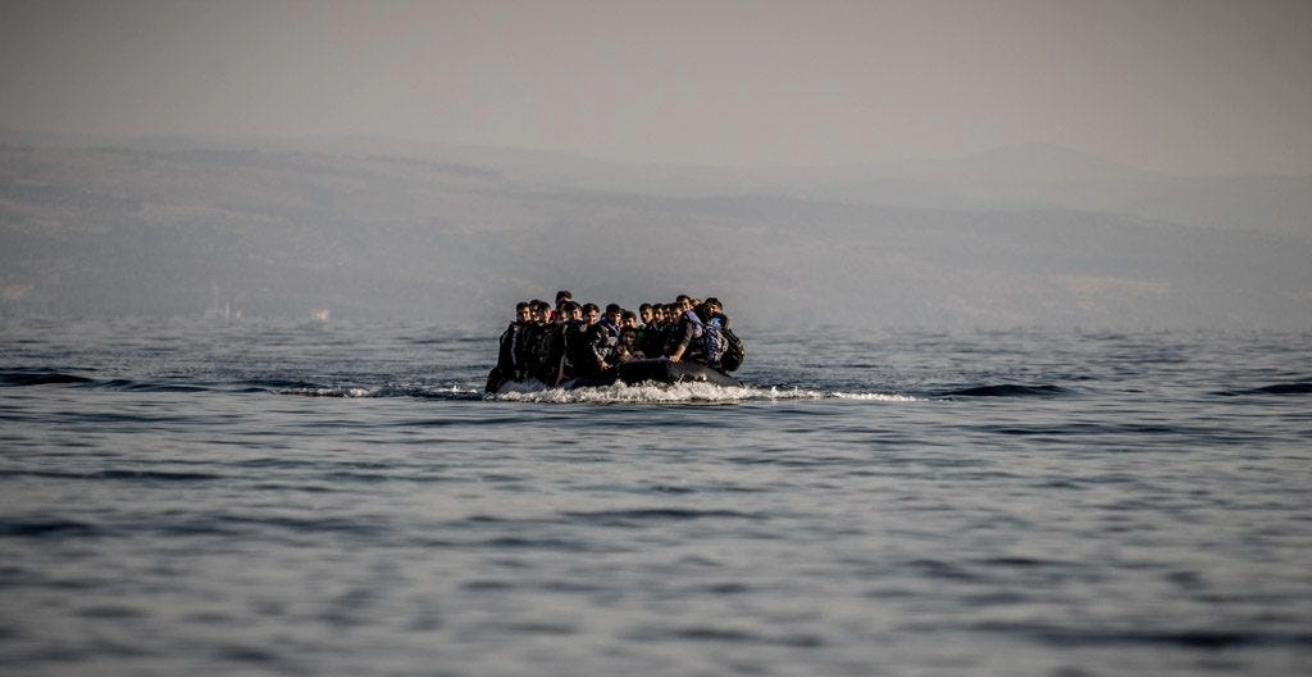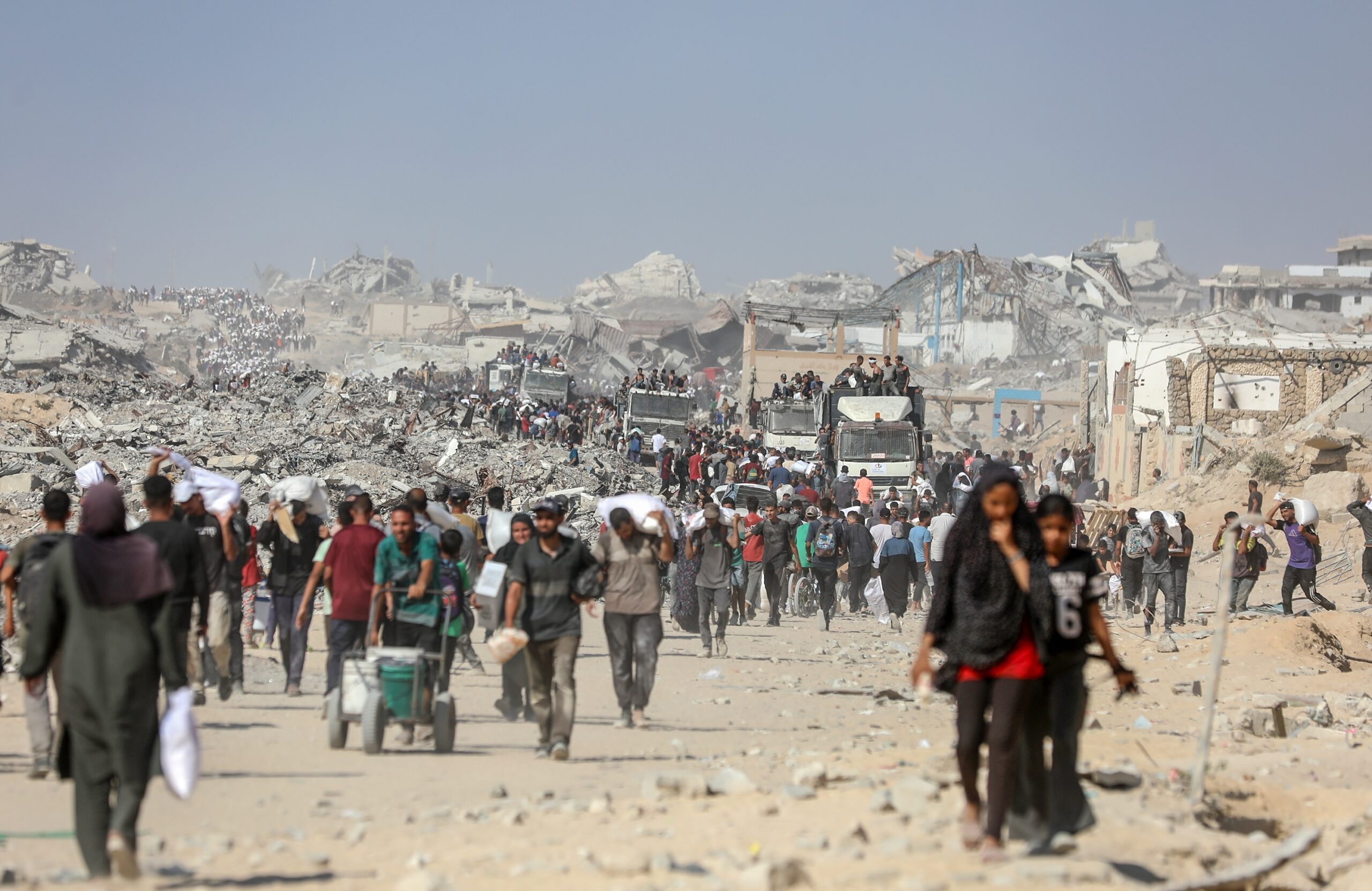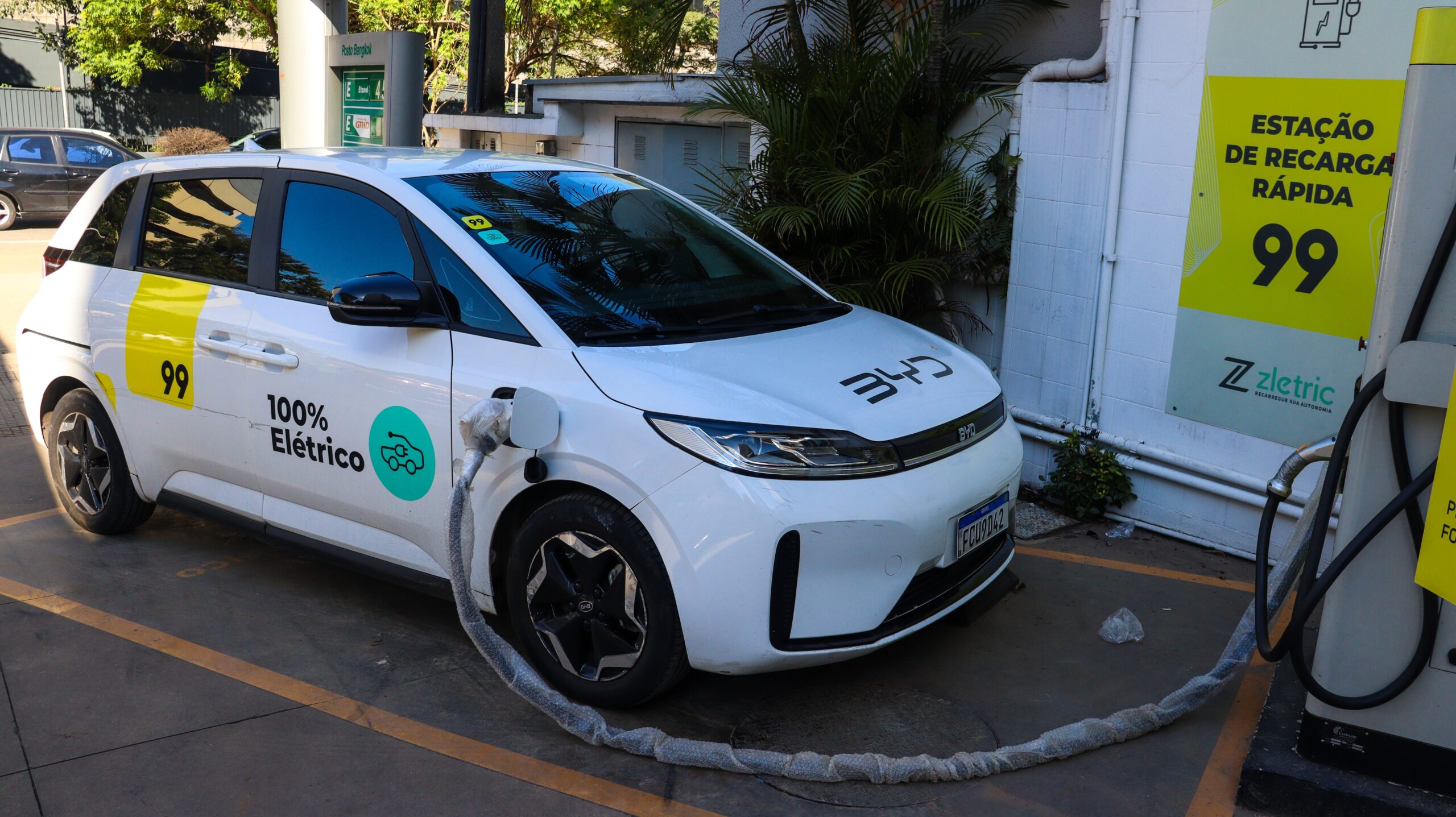Australia’s hardline immigration model—built on deterrence, detention, deportation, and demonisation—has gained international attention, but at what cost? As other nations consider adopting similar policies, Australia’s experience offers a cautionary tale of legal overreach, human suffering, and the erosion of democratic values.
From “stop the boats” slogans to indefinite detention and deportation, Australia’s approach to immigration has become infamous, and influential, but should other countries really follow our lead? A growing number of nations, including the UK and Denmark, have looked to Australia as a blueprint for how to handle irregular migration. The UK even tried offshoring asylum seekers to Rwanda, a clear nod to Australia’s controversial system of offshore detention in Nauru and Manus Island.
But new research argues that Australia’s model is more than just border control. It’s based on a full-blown system of crimmigration (the merging of criminal and immigration law) around four key pillars: deter, detain, deport, and demonise. While this model might look effective on paper, the real human, legal, and ethical costs are mounting.
The “four Ds”: a system designed to punish
Australia’s approach can be summarised in four steps. First, Deter: military-led operations like Operation Sovereign Borders intercept boats, excise parts of Australia from the migration zone, and push back asylum seekers before they reach land. Second, Detain: those who do arrive are often held in immigration detention—sometimes indefinitely. Offshore detention centres are notorious for poor conditions, secrecy, and harsh treatment, with the average length of detention ballooning from three months in 2013, to over two years in 2023. Third, Deport: non-citizens, including long-term residents with criminal records or even just alleged associations, face mandatory visa cancellation and deportation under laws like Section 501 of the Migration Act. These powers have led to a 16-fold increase in deportations since 2014. Lastly, Demonise: perhaps the most insidious feature is the constant framing of asylum seekers as threats. Public messaging, policy language, and media narratives portray irregular migrants as dangerous, deviant, or incompatible with “Australian values.”
Exporting cruelty
Despite legal challenges, international criticism, and tragic consequences, including deaths in detention, some governments are still looking to Australia’s model. Why? Because it’s politically effective. It creates the illusion of control and toughness, even if the real effects are hidden behind closed doors, in offshore camps, or silenced by secrecy laws like the Border Force Act. But effectiveness depends on what you’re measuring. If your goal is to punish, deter and exclude, sure, it works. But if your goal is to uphold human rights, protect vulnerable people, and comply with international law, not so much.
Legal cracks are starting to show
Australia’s model is facing growing legal resistance. In 2023, the High Court ruled that indefinite detention of people who couldn’t be deported was unlawful. Around 140 people were released as a result, but most were subjected to strict conditions, including ankle monitors and curfews. The UN Human Rights Committee has also found Australia breached international obligations through arbitrary detention and lack of access to judicial review. In response, the government doubled down. A proposed 2024 law would impose prison sentences for people who refuse deportation and introduce travel bans on countries that don’t cooperate, measures described by critics as “Trump-style.”
At what cost?
Australia’s system is expensive, opaque, and deeply harmful. The average detention period continues to rise. Conditions resemble prisons, complete with barbed wire, surveillance, and solitary confinement. Leaked documents from the “Nauru Files” highlighted widespread abuse, including self-harm, assaults, and sexual violence, while revealing that 37 people had died in immigration detention. Furthermore, the effects extend well beyond the walls of these centres. Former detainees face stigma, mental health issues, legal uncertainty, and social exclusion on return to their home countries. And yet, the political appetite for this model remains strong across the political spectrum.
Other countries should think twice
There’s a lesson here for countries looking to emulate Australia’s system: don’t. What’s presented as a border control strategy is really a decades-long drift into criminalising migration. Demonisation justifies detention, which normalises deportation, and before long, border policy becomes a tool for punishment, not protection. This cycle doesn’t just harm migrants. It corrodes public trust, undermines democratic accountability, and risks violating fundamental human rights.
Australia’s experience should serve as a warning, not a model, for others. Australia has built a border regime that’s politically palatable but ethically fraught. The “crimmigration” model may appeal to governments seeking quick fixes and hardline headlines, but its long-term consequences are damaging, to people, to law, and to our values. As legal challenges mount and international scrutiny intensifies, we’re left with a stark question: is this really the future we want for migration policy? Other nations would do well to look closely and go another way.
Dr Lorena Rivas is a Research Fellow in the Griffith Criminology Institute at Griffith University. Her research interests are primarily around vulnerable populations, in particular women, in the areas of immigration detention, human rights, incarceration, and atrocity crimes.
Dr Henrietta McNeill is a Research Fellow (Pacific Security, Geopolitics, Regionalism) in the Department of Pacific Affairs at the ANU. Her research focus is Pacific regional security and the security-migration nexus, particularly transnational crime, criminal deportations, border security, citizenship, and security cooperation. Henrietta holds a PhD from the ANU examining the securitisation of criminal deportation to the Pacific Islands, particularly Tonga, Samoa and Cook Islands.
Meg Randolph is a current doctoral candidate at Monash University in Melbourne. Her research investigates the influence of Australia’s offshore detention policies in the United Kingdom and Denmark from 2001.
This article is published under a Creative Commons License and may be republished with attribution.





